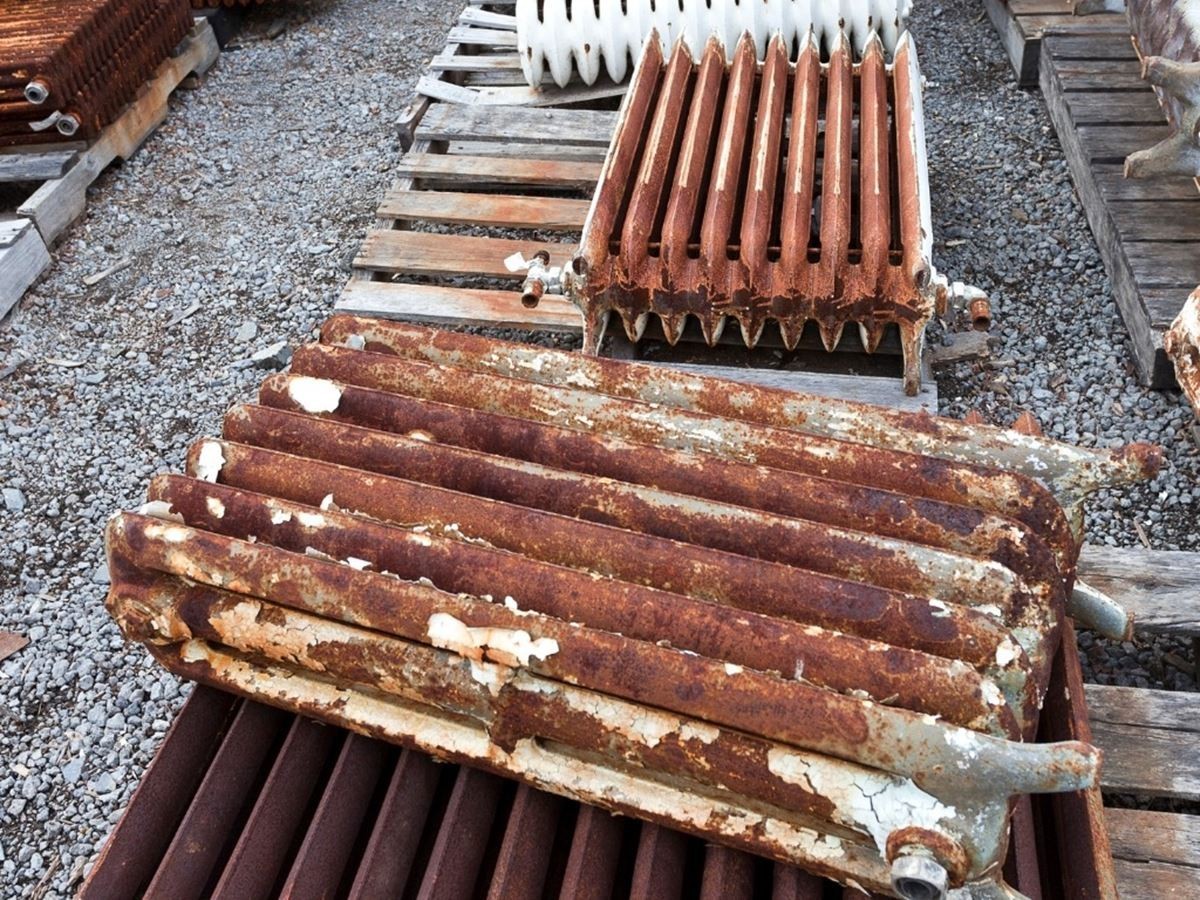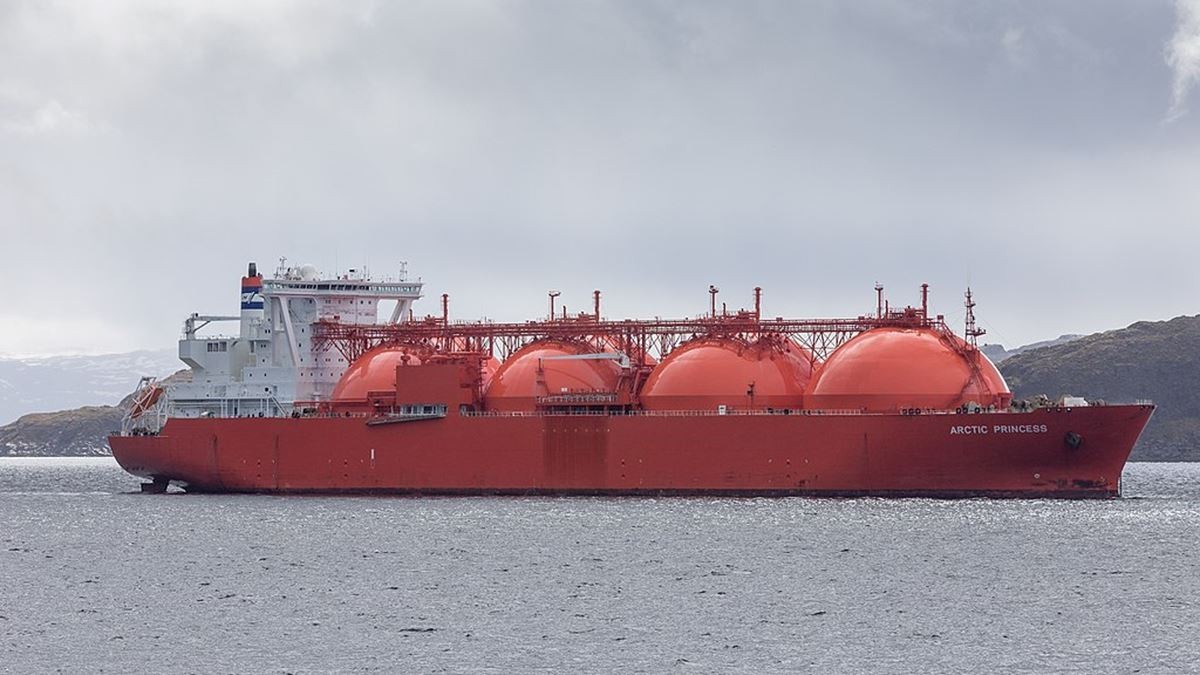The Committee on Climate Change recently reported on pathways toward a net zero emissions economy by 2050.
Reducing the UK's greenhouse gas emissions to such an extent, in just 31 years, is going to prove a huge challenge and require buy-in from businesses, residents and local government alike.
It's challenging because it will require the scrapping of all petrol and diesel vehicles and their replacement with electric alternatives, big curbs on aviation, a massive expansion in renewables and new nuclear power, and the electrification of home heating or the use of hydrogen and biomethane as fuels instead.
For perspective:
At the end of 2018, there were 39.4 million licensed vehicles on UK roads, over 80 per cent of which were cars. Just 200,000 were Ultra Low Emission Vehicles or ULEVs, 56 per cent of which were plug-in petrol-electric hybrids and 35 per cent were battery electric - which means we're currently 39.2 million short of the required target when it comes to ditching vehicles powered by the Internal Combustion Engine and swapping them for electrically-powered equivalents.
But even this assessment doesn't reveal the true scale of the problem, and that's because, currently, UELVs are more expensive, limited in style and size (most are 'city cars' which might be OK for singletons and couples, but what about larger families that holiday in the UK in a touring caravan, is there a 7-seat 4x4 for them?) and are cars when we also need to think about vans, buses and HGVs. Then there's the charging infrastructure that will be needed and the extra strains placed on the electricity grid.
When it comes to home heating, four-fifths of houses use gas central heating. That's around 23 million properties, all of which will either require that their heating systems are scrapped altogether and replaced with air or ground source heat pumps, or that their boilers are upgraded to run on hydrogen or, more likely, a mixture of fossil fuel gas, hydrogen and biomethane (gas produced from biodegradable materials like food and farm waste). According to the Energy Saving Trust, a typical air source heat pump installation will cost homeowners £9,000 on average - multiply that up for the UK as a whole to replace all those gas heating systems and that's an eye-watering £207bn.

The expense and upheaval this transition will require are going to be epic. And it's going to take decades to accomplish.
The role for Lancashire shale gas
While all this is happening, it's clear that we are going to continue using large amounts of natural gas - whether that's to generate electricity, around 40-50 per cent of which is produced in gas-fired power stations right now, or to heat our homes and factories.
The problem is that more than half the gas we use is imported, and that's set to rise - particularly imports of Liquefied Natural Gas (LNG) that arrives in ships.
That LNG is responsible for twice the pre-combustion emissions of UK shale gas, and also 10 per cent higher lifecycle emissions. Which means that all the while we're trying to move to a footing where CO2 emissions are eliminated, we're actually going to see real-world emissions go up. Unless, of course, we stem the tide of those LNG imports and displace them with our own gas instead.

In responding to the Committee on Climate Change report last week, Cuadrilla's Francis Egan said they noted the assumption in the report "that the CO2 and methane emissions generated in importing natural gas into the UK over huge distances by ship and by pipeline are not to be accounted for in the UK. Imported gas therefore lands into the UK effectively emission free. This smacks of creative carbon accounting and is not a credible or safe assumption."
"This smacks of creative carbon accounting and is not a credible or safe assumption"
He's not wrong. Those rising imports will still be responsible for creating climate-changing emissions, even if we aren't accounting for them within our own borders.
If we're serious about emissions reduction, then we need to urgently switch from imported LNG to UK shale gas.
Opportunities for county businesses too
The transition to a net zero emissions economy has more than its fair share of challenges, but creates opportunities for Lancashire businesses too.
For a start, there are all the contracts that can be performed by local businesses when it comes to extracting shale gas from beneath our feet - Cuadrilla has already pumped over £13.5m into the Lancashire economy from just two exploratory wells, and there's more where that came from.
But then there will be all the opportunities for car breakers and car dealers, renewables installers, electrical contractors that can install EV charging points, developers of anaerobic digestion of food and farm waste to produce biomethane and, perhaps, even Gas Safe engineers that can convert existing domestic heating boilers to run on hydrogen in the future.
These opportunities will be bigger if the various actors collaborate more.
For instance, the onshore oil and gas industry that will be responsible for extracting gas from shale needs to be working closely with the biomethane sector and those that are eager to develop hydrogen networks (producing hyrdogen cost-effectively at the scale required will rely on a process called Steam Methane Reforming, in which natural gas is the main feedstock) to ensure that shared supply chains are developed.
The more 'clustering' of expertise we see, the better it will be.
Enjoyed this? Read more from Lancashire For Shale




















